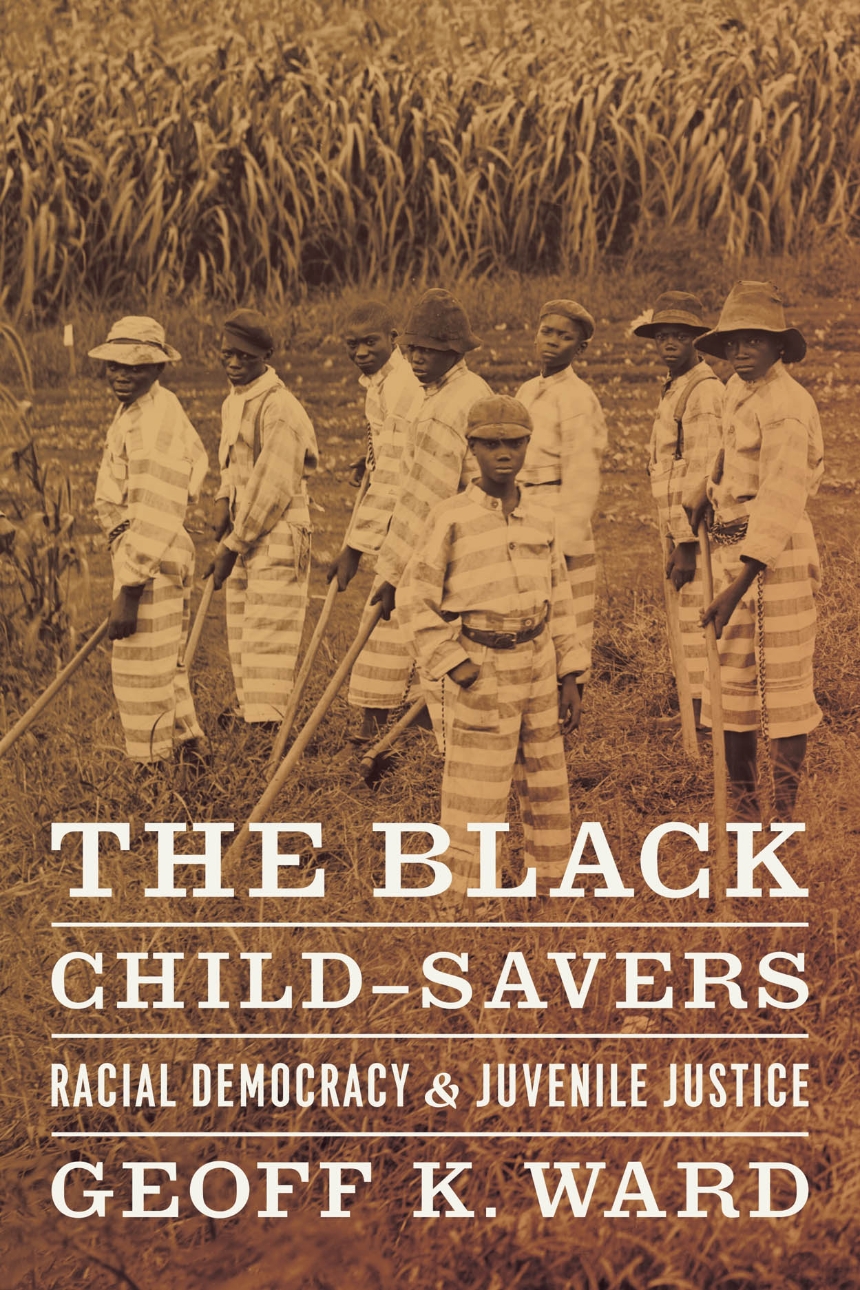The Black Child-Savers
Racial Democracy and Juvenile Justice
At once an inspiring story about the shifting boundaries of race, citizenship, and democracy in America and a crucial look at the nature of racial inequality, The Black Child Savers is a stirring account of the stakes and meaning of social justice.
Reviews
Table of Contents
List of Illustrations
Introduction: The Rise and Fall of Jim Crow Juvenile Justice
PART I THE ORIGINS AND ORGANIZATION OF JIM CROW JUVENILE JUSTICE
ONE / Citizen Delinquent: Race, Liberal Democracy, and the Rehabilitative Ideal
TWO / No Refuge under Law: Racialized Foundations of Juvenile Justice Reform
THREE / Birth of a Juvenile Court
FOUR / The Social Organization of Jim Crow Justice
PART II REWRITING THE RACIAL CONTRACT: THE BLACK CHILD-SAVING MOVEMENT
FIVE / Uplifting Black Citizens Delinquent: The Vanguard Movement, 1900–1930
SIX / Institutionalizing Racial Justice: The Black Surrogate Parental State, 1930–65
SEVEN / The Early Spoils of Integration
Conclusion: The Declining Significance of Inclusion
Acknowledgments
Notes
Index
Awards
History of Education Society: History of Education Society Outstanding Book Award
Won
American Society of Criminology: Michael J. Hindelang Award
Won
